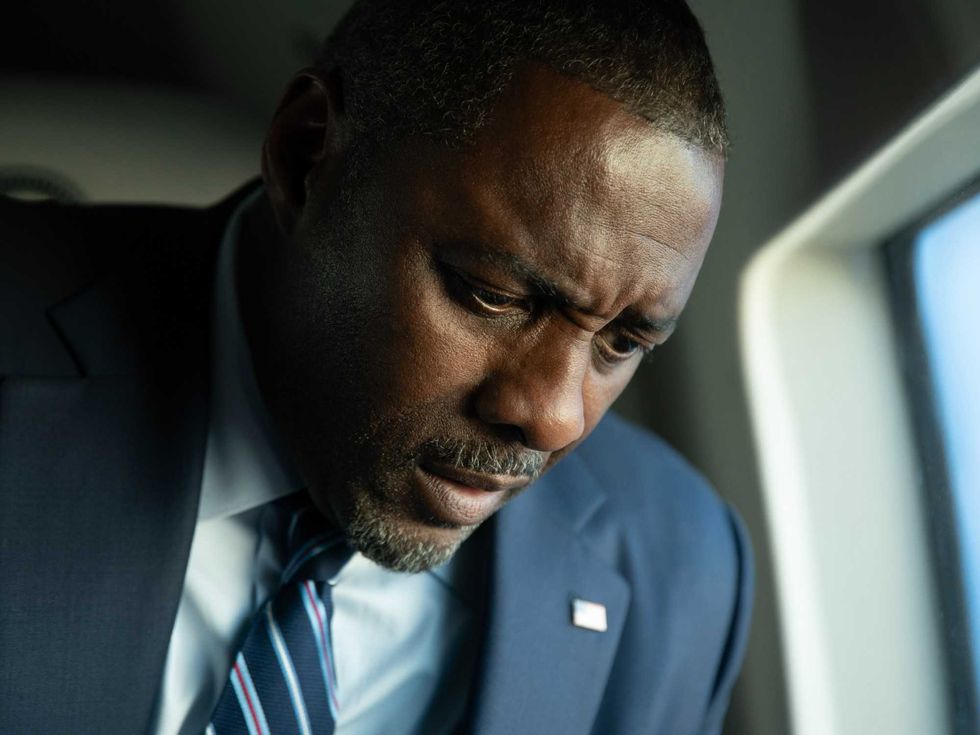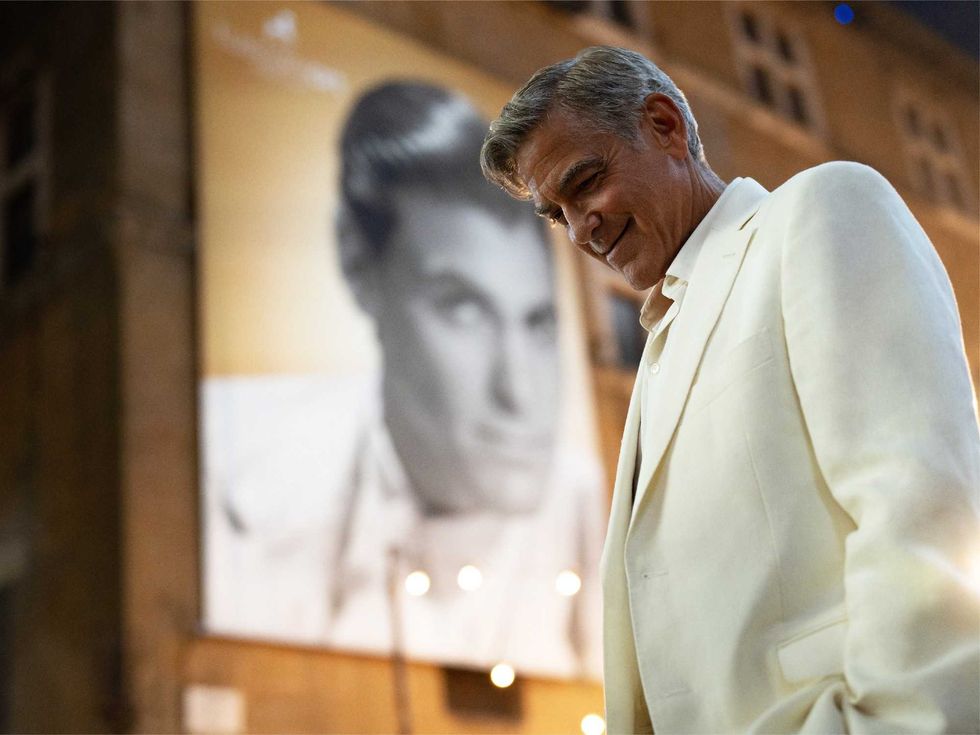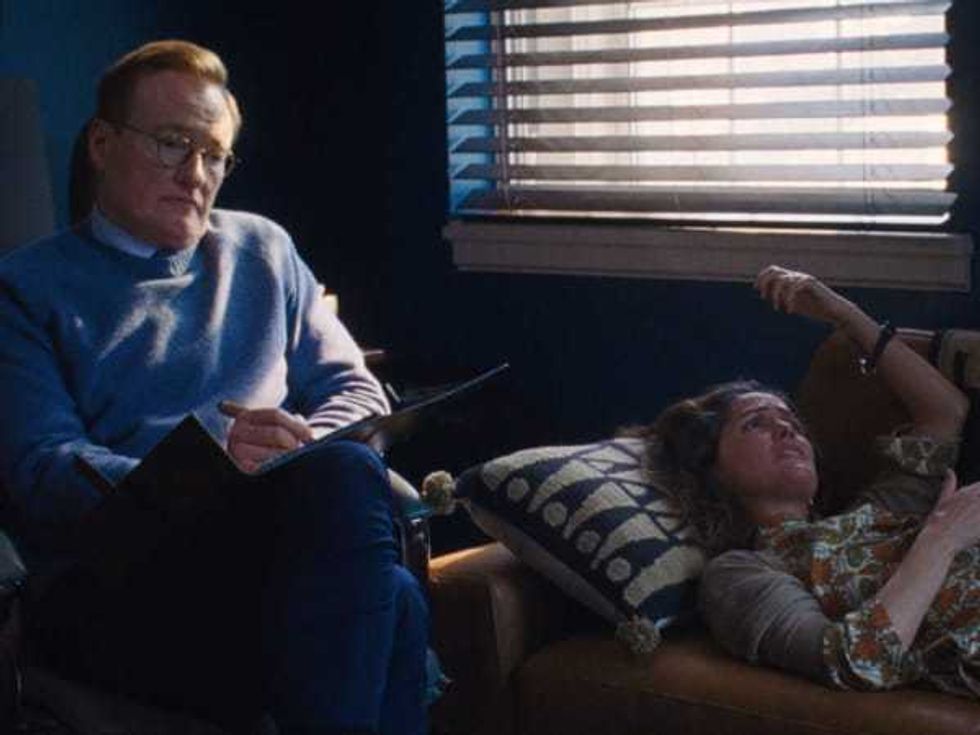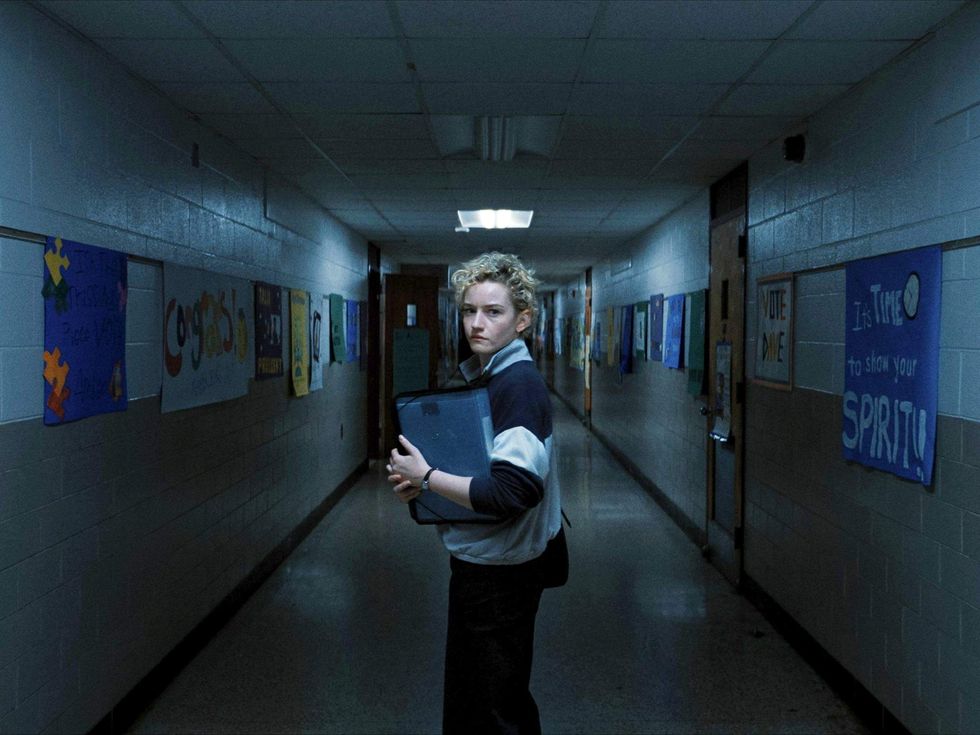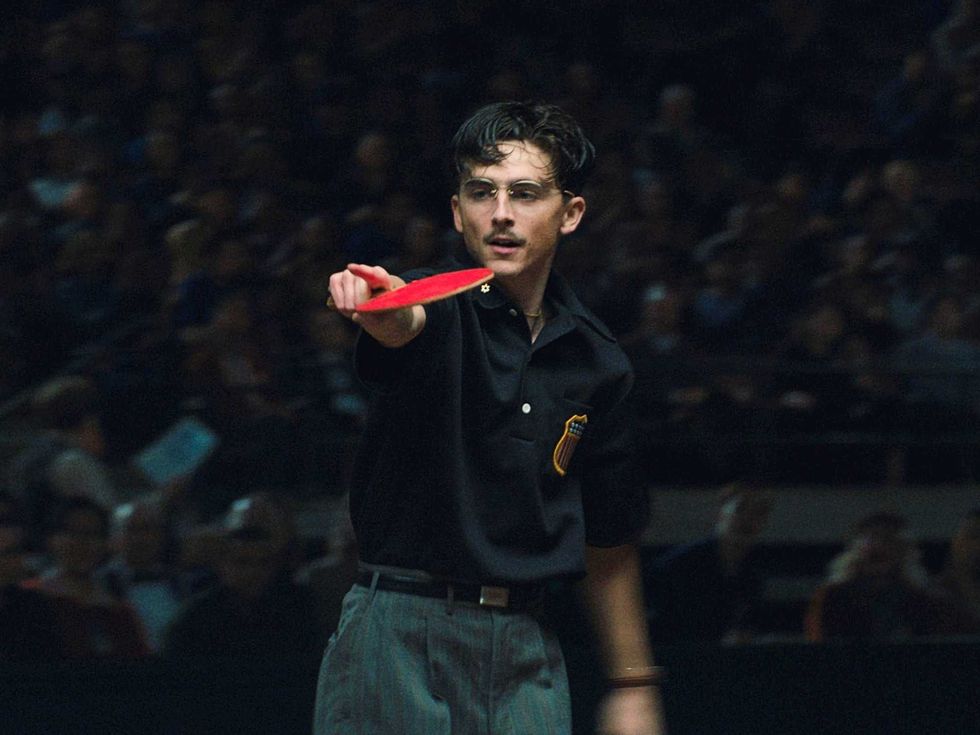There he was on Oprah, exposing the secret society of “creamy crack” and “tumbling tumbleweaves” for all the world — translation, the white world — to see.
I just about fell out of my chair, simultaneously doubled over in laughter and dumbstruck that he had the unmitigated gall, as my Dad would say — the nerve to “go there”. I could hear black women all over the country, hands on hips, saying “No he didn’t!”
But oh yeah – he did.
In the movie Good Hair, Chris Rock dares to go where no man – or woman, for that matter, has gone before – from Beverly Hills to Harlem to India and back again – in search of the answer to a simple question from his young daughter, “Daddy, how come I don’t have good hair?”
Her hair looked pretty good to him. What the heck did she mean “good hair” and why was it so important to her to have it?
In order to find out, he had to peel back the layers of a sacred secret among so many in the African American community – something we only talk about among ourselves —the lengths to which black women — and yes, some men (see Al Sharpton, Ice T and Prince) – will go to feel good, feel accepted by society, and strangely enough, themselves.
I couldn’t wait to see Good Hair, and more importantly, the reaction to it. So on opening night, I headed to the theater with my 15-year-old daughter, Lindsey, my 82-year-old mother, Anita, and my best friend, astronaut and entrepreneur, Dr. Mae Jemison (Mae and I fall somewhere between 15 and 82 ☺).
Not surprisingly, the audience was overwhelmingly black women (I didn’t see any men), but I happened to be seated next to two white women, both students at Texas A&M. One of them was writing a paper about the movie for extra credit. I’ll get back to them in a moment.
Let’s start with my mom.
For a Chris Rock movie, it was actually pretty tame, but mom had a hard time getting past the language, both racy and grammatically incorrect.
But once I got her to put that aside, she recalled how growing up in Nashville, Tennessee everyone said her own mother had “good hair.”Then she described my great, great Aunt Annie as having “a gorgeous head of hair.” Both women were fair-skinned and of Irish descent, hence the “good hair.” My mother started me on relaxers somewhere around the age of 10.
So I guess it’s no surprise that my daughter started young – about 8 years old.
And it’s not something I’m particularly proud of; voluntarily putting harsh chemicals on my child’s hair that, in their purest form, as demonstrated in the movie, can eat away at a can. And for what? To make her hair easier to manage, for sure, but also to look “pretty."
About a week before seeing the movie she asked me if she could get a weave, not really knowing what a weave is, let alone how much it costs. The movie showed her in graphic detail. Long hours in a salon chair, constant upkeep and thousands of dollars. Result – she no longer wants a weave (hallelujah!), “but Mom, it’s time for me to get my hair relaxed again.”
Mae found the movie basically funny and engaging, (after all, he is Chris Rock) but she also found parts of it stereotypical.
She says Rock missed a real opportunity to shed light on the subject in a more substantive way and should have taken more time to explore natural hair and the growing number of African American women who are turning away from chemical relaxers.
And it really ticked her off that there was no challenging point of view to a young woman who declared that natural hair is considered unprofessional. Mae says in her experience that is simply not true.
The A&M students were fascinated, said they learned a lot, and could relate to the black women in the documentary, citing their own hair histrionics.
One said she’s been straightening her naturally curly hair since she was 10 or 11; and they both color their hair. If you happened to catch Chris on Oprah, he pointed out an entire row of blondes, and you guessed it, not a single one of them was born that way!
So I’m thinking the common theme here has nothing to do with color and everything to do with gender and self-esteem.
Whether black, white, brown, yellow or any other color of the rainbow, we women never seem to be satisfied with the way we look.
Hate those wrinkles – better get Botox.
Unsightly cellulite – line up the liposuction.
Not enough cleavage – breast implants.
Too much cleavage – breast reduction.
And on and on it goes.
Where does it stop? Chris Rock hopes he knows – at least when it comes to his daughter, leaving her with these words as the documentary draws to a close: “The hair on your head isn’t nearly as important as what’s inside.”
A lesson for us all.

